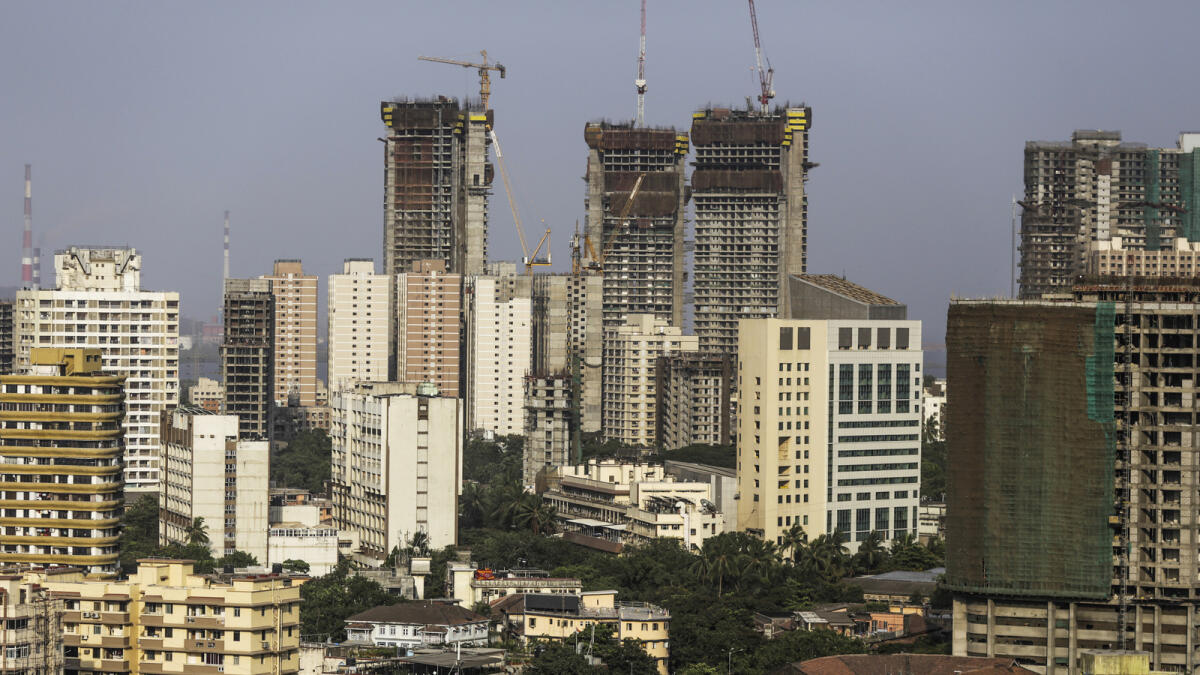Over the past three years, non-resident Indians and overseas citizens of India have increasingly been acquiring residential properties in India, particularly in the United States, Singapore, UAE, Australia, and Saudi Arabia. This trend has been driven by the weakening rupee against the US dollar, making investments in Indian real estate more attractive. Non-residents who own properties in India are exempt from tax on the annual value of the property if it is maintained for self-occupation. If the property is rented out, the rental income is taxable, but one-sixth of the rent is exempt. Capital gains from the sale of the property after three years are taxable at a concessional rate of 20 percent, but reinvesting the gains in another residential property can result in full exemption.
In terms of tax implications, non-resident Indians or overseas citizens of India who purchase residential properties in India are not considered residents under Indian income tax or foreign exchange management laws. To be regarded as a resident for tax purposes, an individual would need to be physically present in India for more than 181 days in a financial year. Acquiring residential or commercial properties is not a factor in determining resident status under these laws. Additionally, owning a property in India does not automatically give an individual resident status or make them liable to pay tax on overseas income.
The Indian Government’s plan to invest a significant amount in expanding the network of highways over the next five years raises questions about available resources and potential budgetary deficits. In addition to funds allocated in the annual budget, resources are also raised from the private sector through public-private partnerships. Private investors contribute a substantial portion of the investment on specific projects and are granted the right to collect tolls during the concession period, which can last 30 to 35 years. The National Highways Authority of India has identified 33 projects for monetization to raise funds during the current financial year, with successful bidders obtaining the right to collect tolls for 20 years.
New criminal laws are set to come into force on July 1, replacing existing legislation such as the Indian Penal Code, the Code of Criminal Procedure, and the Indian Evidence Act. These new laws aim to modernize the criminal justice system by introducing measures such as audio-visual recording of search and seizures of assets, the presence of forensic experts at crime scenes, and other advancements. The Chief Justice of India views these changes as essential for protecting civil liberties and ensuring procedural propriety. By enhancing investigative efficiency and leveraging forensic technology, the new laws seek to prevent miscarriages of justice and improve the overall functioning of the criminal justice system.











